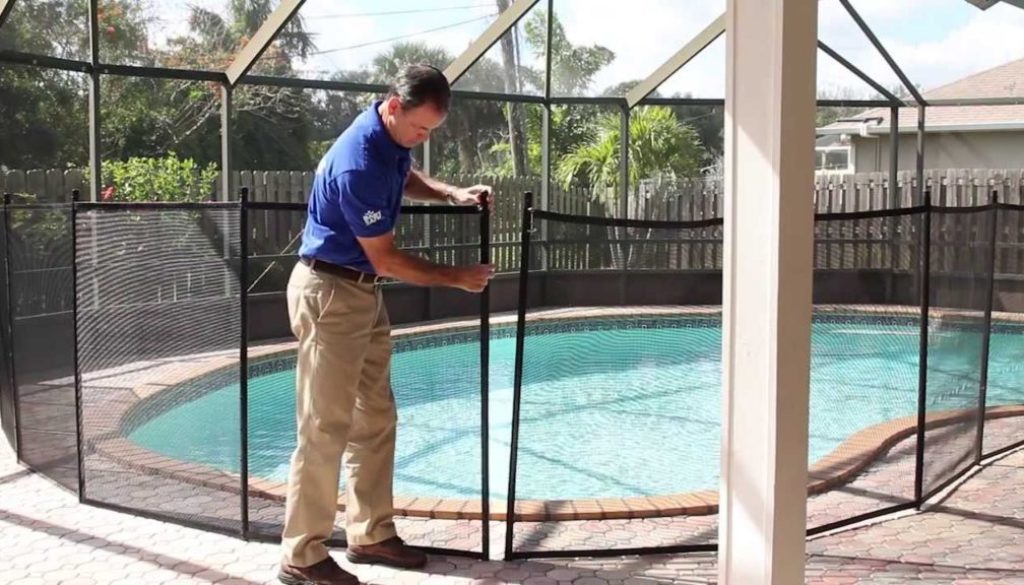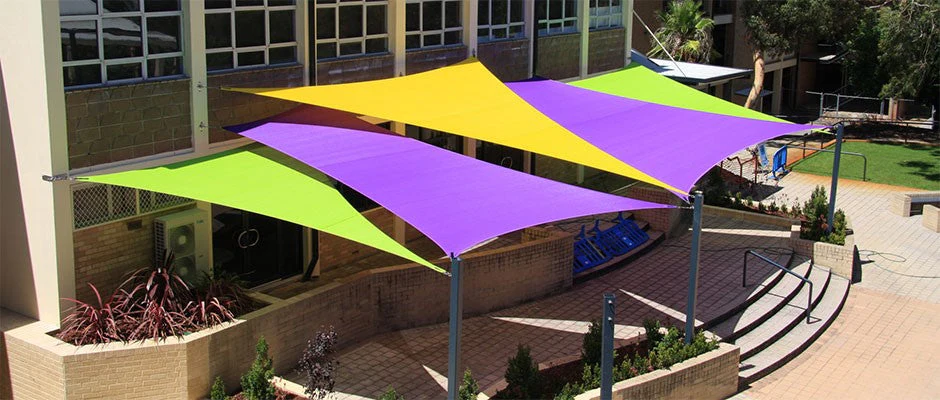Australia’s sunny weather makes swimming pools a popular feature in homes across the country. However, while pools offer endless fun and exercise opportunities, they also come with significant responsibilities. One essential aspect of owning a pool is ensuring it meets safety regulations. Regular pool safety inspections help safeguard families and are especially important if there are children in the household.
For families in urban centres, acquiring a pool certification Sydney ensures compliance with government standards, reducing the risk of accidents and protecting lives. Pool safety inspections examine fences, gates, and other barriers to ensure they are up to code. These inspections aren’t just about ticking boxes, they’re about preventing tragedies that could arise from a moment of inattention.
Accidents involving children, such as drownings, highlight the importance of regular checks and adherence to standards. Standards in Australia, including in places like Sydney, focus on ensuring barriers are secure, gates are self-latching, and water hazards are minimised. Knowing your pool is compliant offers peace of mind while reducing risks for both residents and visitors.
Why Pool Owners Should Prioritise Safety Inspections
Pool safety inspections aren’t just a legal obligation, they are a vital step in making your backyard a safe space for everyone. The Australian climate and lifestyle mean that pools are in use throughout much of the year, making constant maintenance and monitoring crucial. A formal inspection evaluates things like gaps in fencing, proper signage, and effective drainage systems, helping to reduce risks from multiple angles.
For families with young children, pool fencing is among the most important features. Research shows that proper barriers can significantly reduce drowning incidents. Inspections help ensure fences are the correct height, and gates are functioning properly to prevent unauthorised access. This attention to detail can save lives.
Additionally, even properties that only host occasional gatherings or parties are encouraged to keep their pools compliant. Visiting families with small children may not be as vigilant about potential hazards, but compliant barriers and systems act as an essential safeguard.
How Do Inspections Work?
A pool safety inspection is typically conducted by a licensed professional who has thorough knowledge of Australian standards. These professionals will assess the fences, gates, and surrounding area to ensure compliance with regulations. They check for potential hazards like gaps in fencing, malfunctioning hinges, or climbable structures near barriers that could allow unauthorised access.
If issues are found, they must be rectified before receiving certification. Compliance isn’t just a one-time task but an ongoing responsibility for pool owners. Especially in regions like New South Wales, where legislation is strict, pool safety inspections are reviewed carefully to ensure environments remain safe.
Preventative Steps for Families
While professional inspections are vital, homeowners can also take practical steps to minimise risks. Keep pool gates closed and locked when not in use, regularly check hinges and latches, and ensure nothing is left near the fence that children could climb. Pool covers, clear signage, and first aid kits near the pool area also boost safety.
Educating children about the dangers of water and supervising swimming sessions are equally important. Even experienced swimmers can encounter difficulties, so ongoing vigilance is crucial.
Setting a Standard for Safety
Pool safety inspections play a pivotal role in reducing the number of accidents involving children. Ensuring your pool meets regulations not only keeps your family safe but also sets an example for others in your community.
By prioritising regular inspections and obtaining necessary certifications, families can maintain their pools as safe spaces for relaxation, exercise, and fun without unnecessary risks.



